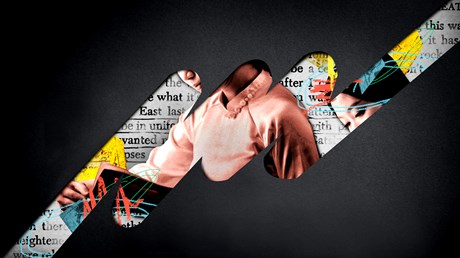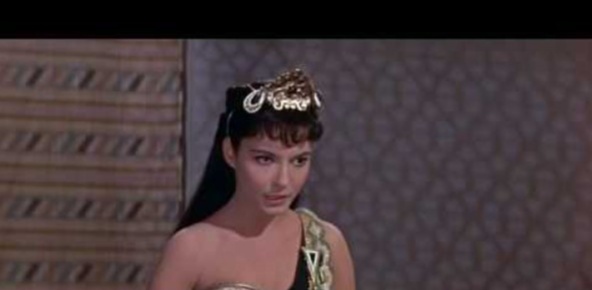There are spiritual and cultural implications of deep reading.

The pandemic has surely taken more than it has given.
Even so, this unexpected furlough from life as usual has offered some opportunities to reorient our lives and ourselves, even if only in small ways.
One small way in which people’s lives have been enriched during the time of COVID-19 is through reading—whether more or better reading, or both.
A year ago, at the start of this global crisis, The Guardian reported an immediate surge in book sales as people prepared for what we all hoped would be a short-lived lockdown. Increased sales of classics, including Gabriel García Márquez’s One Hundred Years of Solitude and Love in the Time of Cholera, Toni Morrison’s Beloved, F. Scott Fitzgerald’s The Great Gatsby, and Sylvia Plath’s The Bell Jar were among those noted right away.
Several months later, this sales trend continued. Penguin Random House noted sale spikes among some of its most notoriously long classic titles, including its 1,440-page edition of War and Peace, along with Don Quixote (1,056 pages) Anna Karenina (865 pages), Middlemarch (880 pages), and Crime and Punishment (720 pages). And Publishers Weekly reported last October that sales of books for the first three quarters of the year were up by more than 6 percent compared to 2019.
Naturally, as a lifelong reader and an English professor, I think this uptick in reading is excellent news. I have long been an advocate for reading widely and reading well, because good literature not only can form our character but also is a source of endless delight—even if, admittedly, a taste for quality literature is one that must be cultivated and sometimes taught (which is why I have edited a series of classic works designed to ...
from Christianity Today Magazine
via




.gif)

.gif)
.gif)
